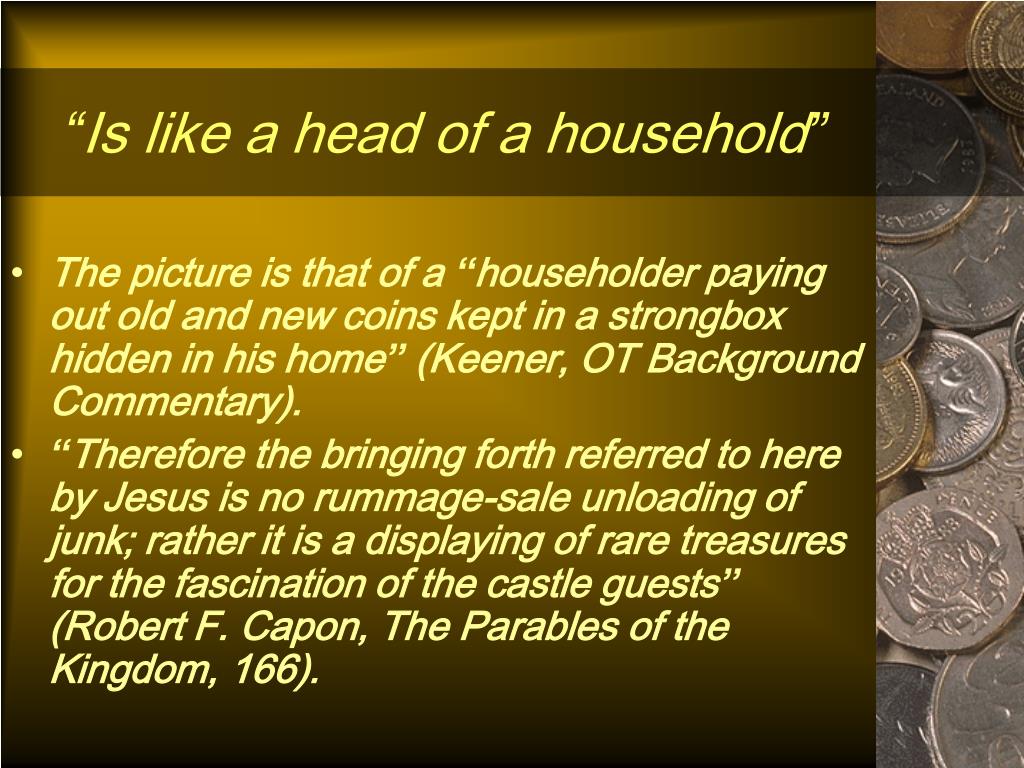

Because of him, I learned to live in the present day with gusto. A relative said she didn’t think Valerie was using the computer any more.Īgain and again, when I mention Capon, writers tell me he changed their lives-either by his radical view of grace or by The Supper of the Lamb. He has his good days and his not-so-good days, she said in 2009, and after some glorious messages signed “much love, Valerie and Robert,” the e-mails stopped.

A friend forwarded an e-mail address for his wife, and Valerie Capon and I began to exchange notes. When Capon stopped producing books in 2004, I watched for new traces of his work. His interpretation sticks with me, even though I haven’t read theology in years. What kind of God was this? I was so much more like the Pharisee! Capon turned the parables on their heads, on my head. God loved the unrepentant publican, who walked away forgiven, while the obedient Pharisee remained lost. I would start, as Capon suggested, in the kitchen-with onions and knives and butter.Ī few years later, I stumbled onto “The Publican and the Pharisee”-the final chapter of Parables of Grace-and my spiritual life changed yet again. I’d been fearful in my faith, and I was about to become fearless. He read seven paragraphs in all, and I heard a call to love creation with the same passion that God does. The bread and the pastry, the cheeses, the wine, and the songs go into the Supper of the Lamb because we do It is our love that brings the City home. It will be precisely because we loved Jerusalem enough to bear it in our bones that its textures will ascend when we rise it will be because our eyes have relished the earth that the color of its countries will compel our hearts forever. I saw flashes of every good thing I’d ever known, and an endless banquet table set with food. That is the unconsolable heartburn, the lifelong disquietude of having been made in the image of God.

We were given appetites, not to consume the world and forget it, but to taste its goodness and hunger to make it great. Then the professor opened a pale yellow copy of The Supper of the Lamb, and he read this:

I was sitting in yet another seminary course, alternately looking for heresy and yawning. The first time I heard Capon’s words, I saw visions. Capon was an Episcopal priest and the author of 20 books, ranging from marriage manuals to novels. Robert Farrar Capon died last week, at the age of 88.


 0 kommentar(er)
0 kommentar(er)
